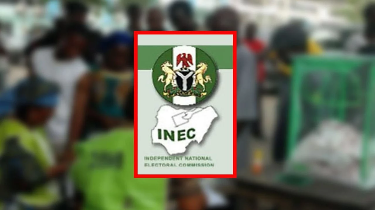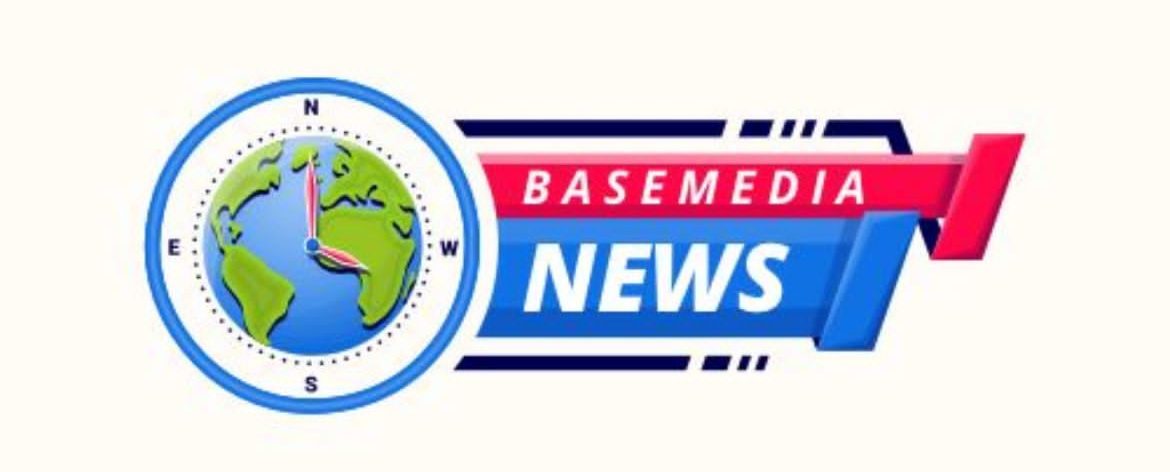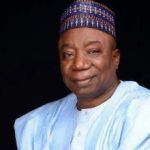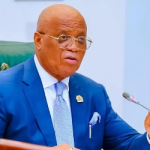Political observers and stakeholders are criticizing the Independent National Electoral Commission (INEC) for its inability to effectively regulate the activities and excesses of political parties, particularly the ruling party, which is accused of exploiting weak enforcement institutions and laws.
The issue of premature election campaigns—where the ruling party has been the biggest offender—was highlighted by the appearance of gigantic billboards in Abuja and elsewhere promoting a “Tinubu 2027” second term, three years ahead of the election. This campaigning also saturates social media and occurs during public events.
The issue became clearer during a recent INEC roundtable where the outgone Chairman, Professor Mahmood Yakubu, pointed out that the Electoral Act 2022 ties the Commission’s hands. Section 94(1) stipulates that campaigning must begin 150 days before polling day. While Section 94(2) imposes a mild sanction (maximum fine of N500,000) for campaigning 24 hours before the election, Yakubu stressed there is “no sanction whatsoever concerning breaches for campaigns earlier than 150 days,” creating a major challenge for INEC. Adding to the complexity, Section 92(4) of the Act permits parties to hold rallies and meetings “at any time for their constitutional political purposes.”
Criticisms and Calls for Reform
Campaign materials are often deployed by third parties seeking favor, which aspirants (like the Presidency, which denied sponsorship and demanded the billboards be taken down) deny initiating. The failure of advertisement regulatory agencies to act against unapproved or premature billboards has also been questioned. Mrs. Ene Obi of Situation Room lamented the general lack of adherence to the rule of law in Nigeria, stating that official time is being used for campaigns instead of governance. She questioned who should enforce the rules if INEC claims limited powers, urging citizens to demand accountability and strict sanctions. Yunusa Tanko of the Obidient Movement accused the ruling party of already breaking the rules and insisted that INEC has the necessary powers, contrary to its claims. Former INEC Chairman Professor Attahiru Jega recommended urgent electoral reform to clearly define premature campaign offenses and specify stiff penalties. He suggested holding candidates, especially incumbents, vicariously responsible and penalizing them for premature campaigns by third parties. He also strongly advocated for the establishment of an Elections Offences Commission and Tribunal before the 2027 polls.
Meanwhile, the National Assembly is proposing to move the next general elections to late 2026 as part of an Electoral Act (Amendment) Bill 2025. Following the appointment of Joash Amupitan as the new INEC Chairman, the new leader has assured the Senate that the electoral body will educate Nigerians to rebuild voter confidence.

Posted inNews




